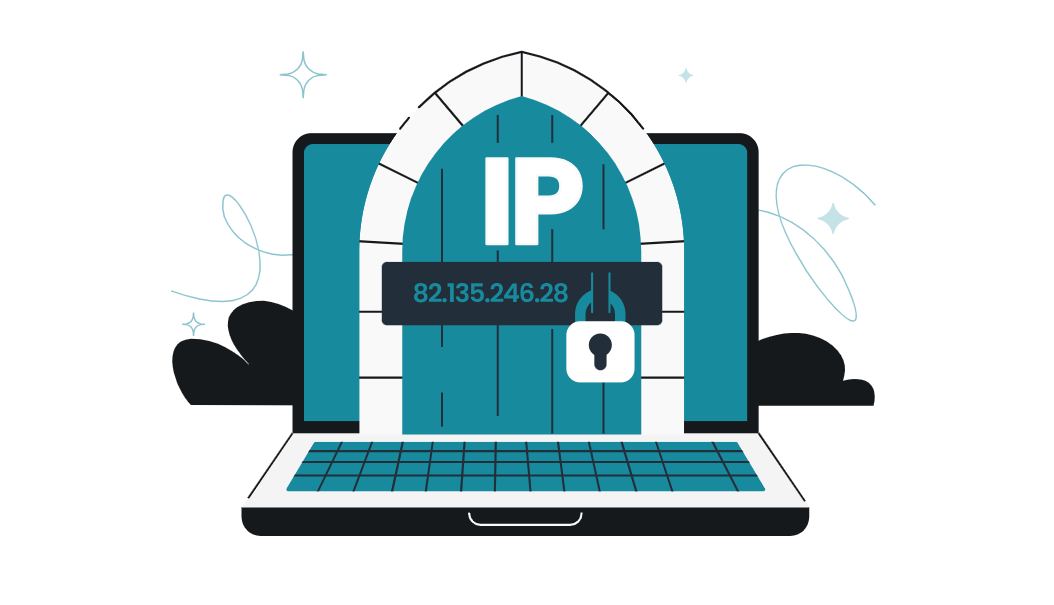Proxy services have become an important tool for many businesses and individual users to maintain anonymity, circumvent geographic restrictions, and conduct data collection on the Internet. However, faced with the different pricing models of many proxy service providers, users are often confused and don't know how to choose the service that best suits them.
Especially when deciding whether to pay based on the amount of data transferred (GB) or the number of IP addresses, this choice may directly affect the cost-effectiveness and execution efficiency of the project.
To help users find clarity in this complex decision-making process,HAPPENSA detailed guide has been developed to explain the differences between the two most common pricing models, pay-per-GB and pay-per-IP, and provide practical advice so users can make an informed choice based on their specific needs and budget.
What are GB payment and IP payment?
1. Pay by GB
Under this pricing model, charges are based on the amount of data you use. This means that charges will depend on the size and complexity of the web pages you visit, making charges unpredictable and variable over a given period of time.
The pay-per-GB model is ideal for use cases that involve transferring large amounts of data, such as web scraping, data mining, or any other activity that involves processing large amounts of online information.
It's also beneficial if you have intermittent or variable usage patterns, as you only pay for the data transferred rather than for a fixed amount of IP that you may not use.
2. Pay by IP
In the Pay-Per-IP model, you pay a fixed fee for a dedicated IP address or proxy port, usually on a monthly or annual basis. This model provides predictable pricing and is more cost-effective for low-volume campaigns. However, this model can be costly and inflexible if you need to change or rotate IP addresses frequently.
The Pay-Per-IP model is best suited for use cases that require a static IP address, such as managing a single social media account, or scenarios that require consistent IP address use over time, such as online banking, shopping, or voting.
When to choose pay per IP?
If you need to use a single static IP address long-term, Pay Per IP is your best option. This option gives you a dedicated IP address that you can use as needed without having to worry about data transfer limits or additional charges.
If you need to make a lot of requests or connections, it may be more cost-effective to purchase a certain number of IPs. With a fixed number of IPs, you can spread requests across them, reducing the likelihood of being blocked due to rate limiting or other limitations.
When should you choose pay per gigabyte?
If you scrape, scrape, or process large amounts of data from multiple sources, it may be more cost-effective to use a pay-per-GB model. This model allows you to access a pool of IP addresses and only pay for the data transferred, making it ideal for data-intensive projects.
But it’s worth noting that for tasks like social media management or affiliate marketing, a hybrid pricing model may be more advantageous. You can choose a dedicated IP address (pay-per-IP) for reliable access, while choosing a pay-per-GB plan for data-intensive tasks like market research.

